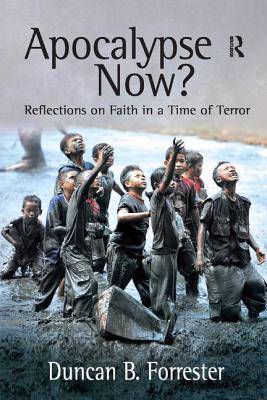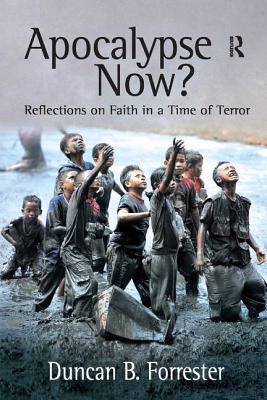
- Afhalen na 1 uur in een winkel met voorraad
- Gratis thuislevering in België vanaf € 30
- Ruim aanbod met 7 miljoen producten
- Afhalen na 1 uur in een winkel met voorraad
- Gratis thuislevering in België vanaf € 30
- Ruim aanbod met 7 miljoen producten
Zoeken
€ 94,95
+ 189 punten
Omschrijving
In Apocalypse Now?, Duncan Forrester argues that disorders and atrocities including the Gulag, the Holocaust, 9/11, the Afghanistan and Iraq wars, and the Tsunami disaster have shown us that we stand in the midst of an apocalyptic age of terror with striking similarities to the time in which Christianity was born. He asks how religious ideas can play a positive role in the midst of conflicts and disasters and argues that there are huge resources in the Christian tradition that can be productively deployed for a constructive and faithful response.
Specificaties
Betrokkenen
- Auteur(s):
- Uitgeverij:
Inhoud
- Aantal bladzijden:
- 152
- Taal:
- Engels
Eigenschappen
- Productcode (EAN):
- 9780754652731
- Verschijningsdatum:
- 28/10/2005
- Uitvoering:
- Paperback
- Formaat:
- Trade paperback (VS)
- Afmetingen:
- 156 mm x 234 mm
- Gewicht:
- 226 g

Alleen bij Standaard Boekhandel
+ 189 punten op je klantenkaart van Standaard Boekhandel
Beoordelingen
We publiceren alleen reviews die voldoen aan de voorwaarden voor reviews. Bekijk onze voorwaarden voor reviews.







